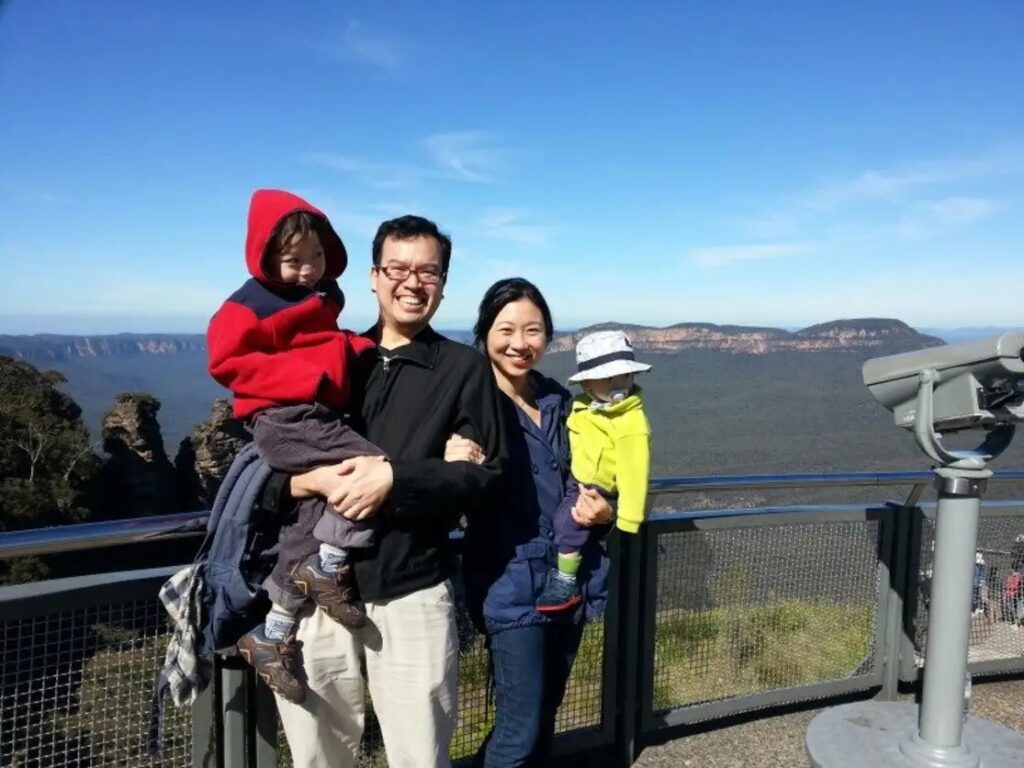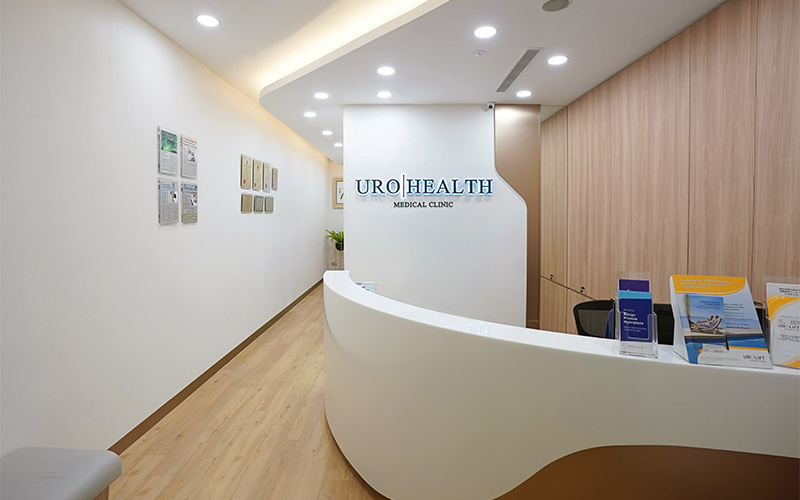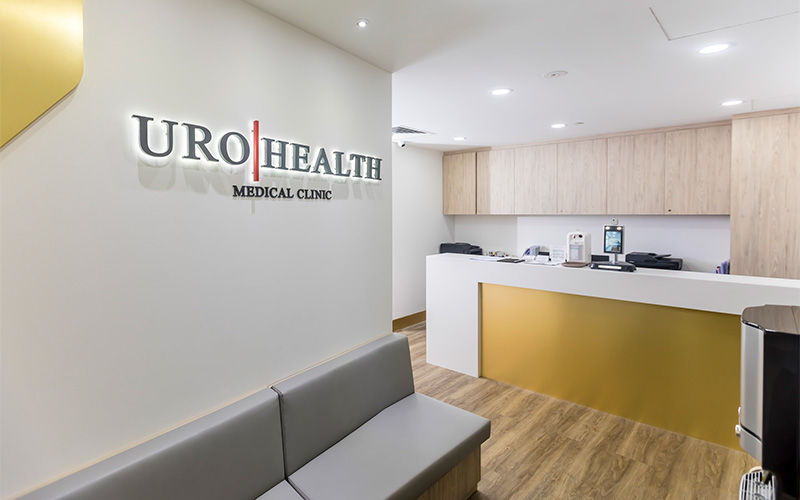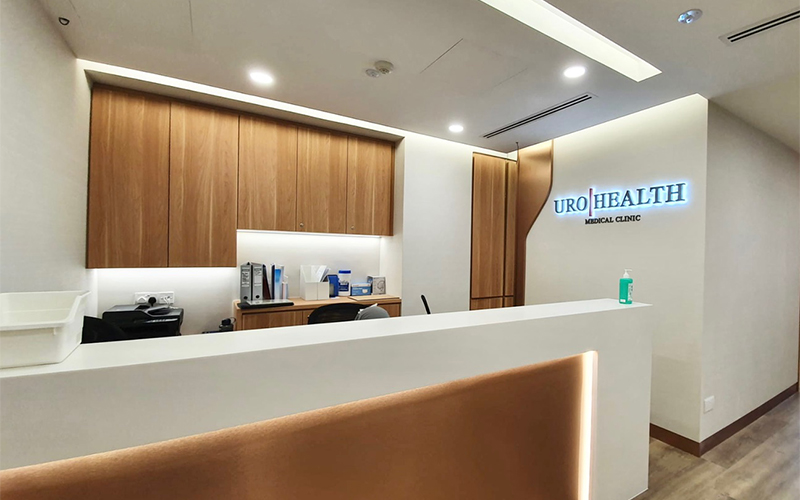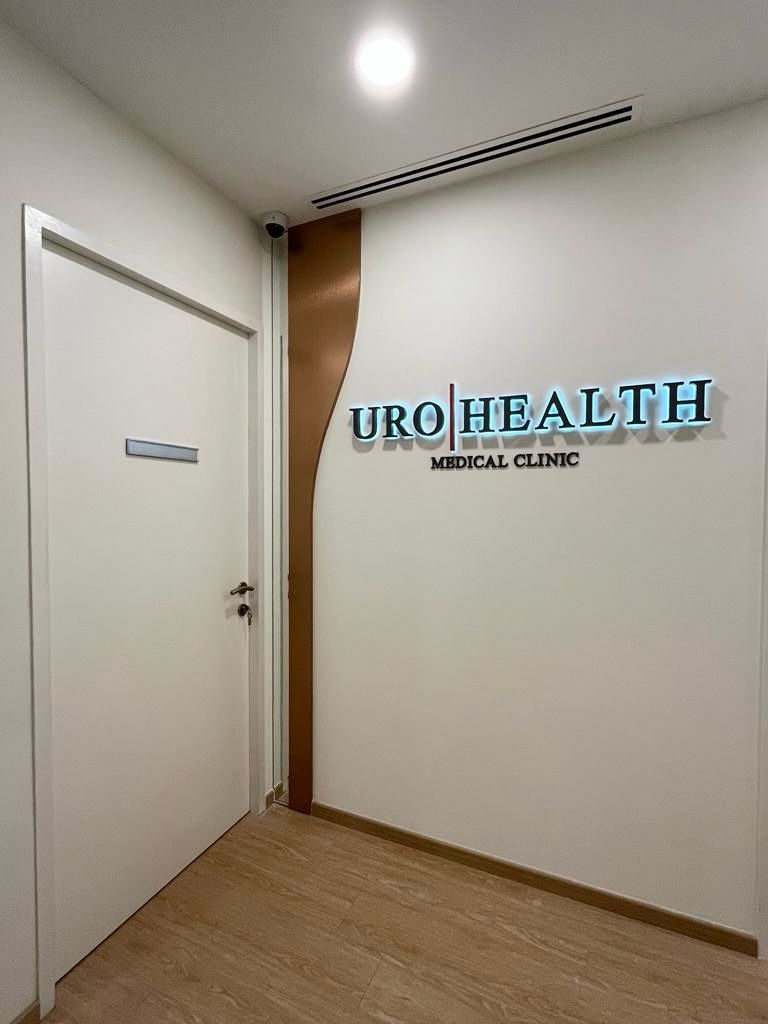Getting to know our doctors and their fellowships
Doctors go through years of training in order to be competent and qualified to meet your medical needs. Specialists go through fellowship training as part of their specialty training. It is sort of like an apprenticeship. But a very tough one! During fellowship, the doctor follows a specialist closely to train in a subspecialty. The doctor is called a fellow during their training. Our Urologists in Urohealth Medical Clinic are fellowship trained. Find out where they did their fellowship and more fun facts in this series where we get to know our doctors better.
In this interview, we hear from Dr Koh Li-Tsa about her fellowship experience from down under!
Why did you choose to specialize in Urology?
I knew that I wanted to specialize in a surgical posting so I did rotations in O&G, General Surgery, Orthopaedics, Paediatric Surgery and Urology upon graduation. Urology appealed to me because I enjoyed the endoscopic and minimally invasive nature of the surgeries and because everyone in the department was warm and welcoming.
Where was your fellowship?
Concord Hospital in Sydney, Australia.
What was your fellowship training in?
I got to train under Professor Vincent Tse and Professor Lewis Chan in Urinary Incontinence and Reconstruction, and Dr Andrew Mitterdorfer and Dr Andre Lalak in Uro-oncology.
What was most memorable about your fellowship?
The Blue Mountains bushfire in 2013 which destroyed hundreds of homes. The fires raged for days and thick clouds of smoke filled the skies up to many miles away. Many Australians rallied together to help the affected individuals with some of the high school students volunteering and working alongside the fire brigade despite being in the midst of their national exams.
What did you do during your free time when you were on fellowship?
Our family would hike across the many beautiful national parks in Australia.
What was your most memorable case during fellowship?
I will always remember this Chinese patient in his 50s who presented with a large tumour that the pathologists had to run many different tests to eventually determine that it was a rare and extremely aggressive form of prostate cancer. He required a multidisciplinary approach to the management due to the complexity of his case. I also saw how this disease changed him and led him to mend broken relationships in his family.
What was the biggest takeaway?
Everyone in the hospital addressed each other by their first names and there was no need for titles or ranks. I felt that this environment was conducive for the mutual learning and sharing of ideas.
What did you miss most about Singapore while you were away?
Bak chor mee and prawn noodles. During winter, I certainly missed our tropical balmy weather and being able to swim outdoors anytime.
Any go-to restaurants in the country of your fellowship to recommend?
The wonderful thing about living in Sydney was that there were so many Michelin-star worthy restaurants. I had one of the best dining experiences at Tetsuya’s Restaurant. One of our favourite eateries would have to be “Wok N BBQ Burwood”, a simple no-frills Hong Kong restaurant, which served amazing roast meats and Peking duck.
If you could turn back time, would Urology be a specialty you would choose again?
Yes, definitely.

